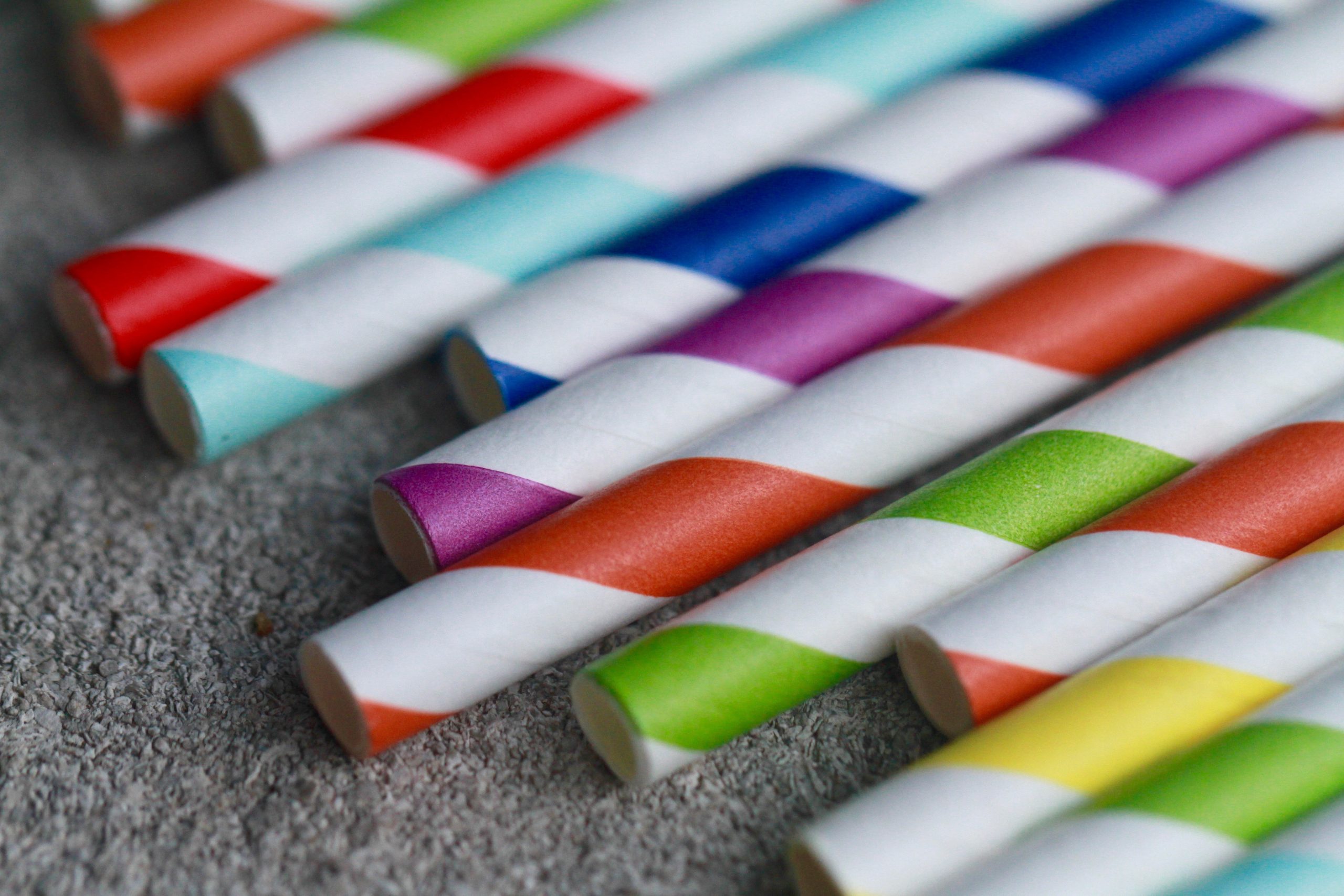In a twist of irony, paper straws, once touted as the eco-friendly alternative to plastic, may be less green than they appear.
Experts have weighed in on a major debate on the most ideal type of straw after new research warned of the harmful impact of paper and plastic straws.
New research published in the Food Additives and Contaminants journal reveals that most paper straws on the market contain concerning synthetic chemicals known as PFAS, raising questions about green sipping choices.
The study, authored by Thimo Groffen, an environmental scientist at the University of Antwerp, serves as a wake-up call.
“Straws made from plant-based materials, such as paper and bamboo, are often marketed as more sustainable and eco-friendly than those made from plastic. However, the presence of PFAS in these straws means that’s not necessarily true,” stated Groffen in a press release.
It examined 39 different brands of straws sourced from a variety of outlets; supermarkets, toy stores, fast-food establishments, among others. A staggering 90% of paper straws tested were found to contain these “forever chemicals.”
The study poses a problem for a growing number of conscientious consumers who have opted to do their part for the environment. However, while individual choices, like using paper straws, receive much attention, it’s crucial to contextualise this within larger environmental concerns.
Over half of all global industrial emissions since 1988 can be traced back to just 25 corporate and state-owned entities.
Companies such as ExxonMobil, Shell, BP, and Chevron have been cited as among the highest emitting, with potential catastrophic consequences for global temperatures if their current rates of extraction continue.
The tension between short-term profitability and the pressing need to reduce emissions acts as a significant barrier to meaningful action on climate change, according to experts. This highlights the relative impact of individual consumer choices against the backdrop of larger corporate emissions.
In terms of health risks, PFAS are not to be taken lightly. Though low levels aren’t immediately harmful, an accumulation of these chemicals could lead to changes in liver function, elevated blood pressure, and even certain cancers, warns the CDC.
The US food regulator has been testing foods for PFAS levels since 2019 to assess the population’s level of exposure.
“No PFAS were detected in stainless steel straws, so consumers might consider using this type of straw—or just avoiding straws altogether,” Groffen advised.
The study leaves several questions unanswered, such as whether these PFAS chemicals are leaching into beverages. Nonetheless, it compels a reassessment of the efficacy of individual eco-friendly choices, particularly when contrasted against the massive environmental footprint of major corporations.
As for the ongoing quest for the ‘perfect straw,’ stainless steel versions appear to be the most eco-friendly and health-conscious choice. They are devoid of PFAS and also the most durable, significantly reducing their overall environmental impact.







